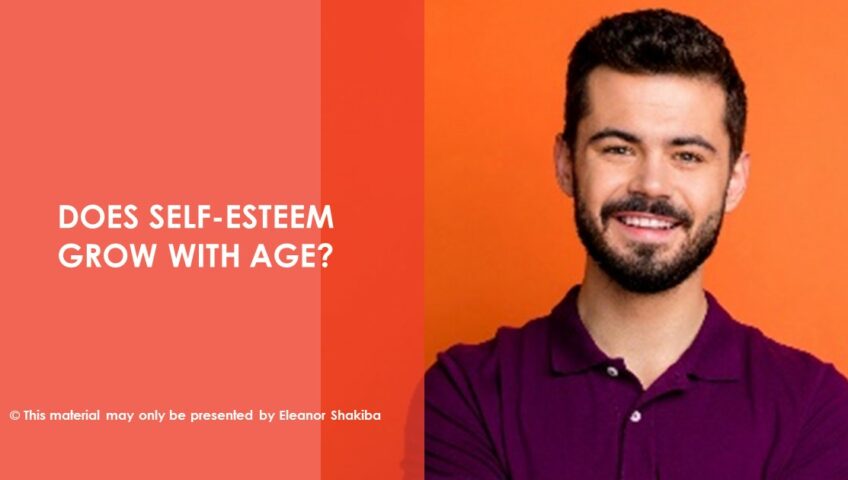Self-esteem is the value you place on yourself. Having an appropriately high level of self-esteem is important for your mental health and self-agency. In other words, a high level of self-esteem enables you to act towards living a happier and more successful life. If you’re working on your self-esteem, you may be buying into a common myth: that low self-esteem in childhood translates into low self-esteem in adulthood. But is this true?
Thanks to researchers at the University of Bern, we’re now getting closer to answering this question. The research team did a large-scale analysis of studies on self-esteem. They drew together data from 164,868 participants. The results of this study are intriguing. They showed that self-esteem changes in predictable ways over your lifespan. And if you had low self-esteem during childhood, there is some good news. Although self-esteem may drop in middle childhood, it generally rises from there. The peak age for experiencing high levels of self-esteem is between 60 and 70 years. If you’re older than that, though, don’t assume you’re destined to experience poor self-esteem. In fact, the most significant drop in self-esteem occurs after 90 years.
Interestingly, the pattern of self-esteem development seems to be consistent regardless of gender, ethnicity and culture. It is interesting to note that self-esteem levels fluctuate across your lifespan. So let’s take a quick look at the pattern the research has detected.
In early childhood, you didn’t really distinguish between yourself and others. Thus, you were more likely to have stable self-esteem. Between the ages of four and eight, though, you might have experienced a drop in self-esteem. This is probably because you are now able to compare yourself to your peers. Plus, as your cognitive skills developed, you began to understand that who you wanted to be was not necessarily who you really were. This difference between your ideal self and actual self has been shown to significantly impact on self-esteem.
If you had a troubled adolescence, it’s probably not surprising to hear that self-esteem often declines between the ages of 11 and 13. This seems to be because of the stress of identity changes that happen during the transition from childhood to adolescence. However, the Bern study revealed something intriguing. From around 15 years of age, self-esteem is likely to begin recovering.
If you think back to your early 20s, you’re probably realising that your self-esteem gradually began increasing around this time. The University of Bern study showed that a slow and steady increase in self-assurance occurs from this age on. So does the increase ever stop? Apparently, the answer is yes. Self-esteem seems to peak between the ages of 60 and 70. However, that’s not necessarily bad news. At this point it levels out, rather than declining. In fact, self-esteem seems to remain relatively static until the age of 90. Even at this point, decreases are not always large.
Of course, it is always possible to boost your self-esteem. Taking action to do this is constructive if you experience a lot of self-doubt or want to become more confident. If this is the case, remember that there’s lots you can do.
About the author: Eleanor Shakiba
Eleanor is a trainer and coach, with a passion for unleashing the power of positive deviance in talented people. She has taught more than 50,000 people how to excel professionally. An expert in the field of Positive Psychology, Eleanor is also qualified in Social Anthropology, Counselling, Coaching, Adult Education and Neuro Linguistic Programming. She specialises in helping HR and L&D practitioners to unleash the power of positive psychology in business. Her major focus in developing three key areas that support positive workplace cultures: positive mindset, proactive communication and purposeful leadership. Eleanor is the author of the Positive Psychology Toolkit for HR and L&D Practitioners. Download your free copy here.
